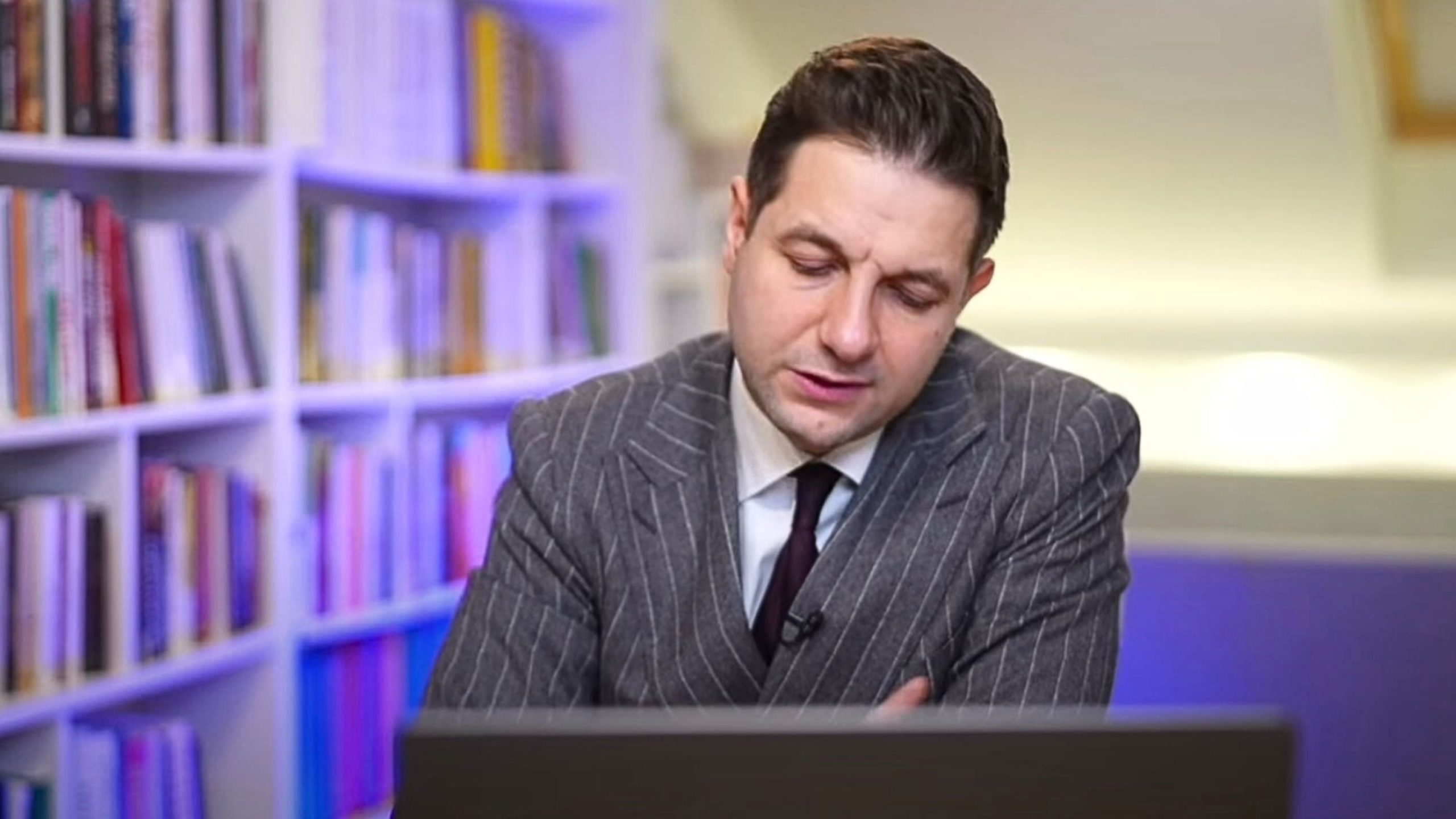Polish MEP Patryk Jaki (Law and Justice, PiS) is now facing trial for a so-called “hate crime” over an X “like” from 2018. The post in question contained authentic security footage of migrant criminals, yet Polish prosecutors are seeking a three-year prison sentence for his alleged offense. Meanwhile, European Parliament leftists are moving to strip Jaki of diplomatic immunity, accusing him of “inciting hatred against Muslim immigrants.”
Jaki, who serves as co-chair of the European Conservative and Reformist (ECR) group, is being prosecuted at a time when Polish Prime Minister Donald Tusk’s liberal government is under official investigation for suspected unconstitutional power grabs.
As reported by European Conservative, authorities are probing allegations that Tusk’s administration has unlawfully taken over public institutions, ignored high-level court rulings, and engaged in politically motivated persecution of conservatives — an environment in which Jaki’s trial serves as a stark example.
Click here to display content from X.
Learn more in X’s privacy policy.
International attention turned to Jaki’s case after tech mogul Elon Musk highlighted the situation. On February 11, Musk reposted an interview with Jaki and condemned the prosecution’s demand for a three-year prison term, calling it “insane.” He added: “Thank the Lord that America has the First and Second Amendments.”
Musk’s endorsement quickly amplified the issue. In response, Jaki posted another video showcasing the original 2018 footage and urged Musk to continue defending free speech and those who refuse to live in a world where liking a tweet can land them in prison.
Amid this political turmoil, the Tusk government also moved against Michał Ostrowski, Poland’s deputy prosecutor general, who had initiated a probe into the administration’s actions based on a request from the Constitutional Tribunal—Poland’s highest constitutional authority.
Ostrowski was abruptly suspended for six months by Justice Minister Adam Bodnar, a central figure in the very investigation he sought to launch. Adding to the apparent retaliation, government-aligned prosecutors opened a separate case against Ostrowski, accusing him of “abuse of power.”
If Tusk and his government wish to counter allegations of undermining the rule of law, removing and prosecuting the official tasked with investigating them seems a highly counterproductive strategy.
The crisis escalated last week when Bogdan Świeczkowski, president of the Constitutional Tribunal, formally requested an investigation into what he described as Tusk’s “organized criminal group” attempting to dismantle Poland’s constitutional order. Ostrowski maintains that his investigation was legally justified and has vowed to appeal Bodnar’s decision:
“I really just wanted to […] conduct this investigation objectively, which I have been actively pursuing in recent days. Further action has convinced me that it was warranted.”
Świeczkowski, however, remains fully aware of the resistance he faces, telling Polish media that he expected authorities to remove him from his office by force.










